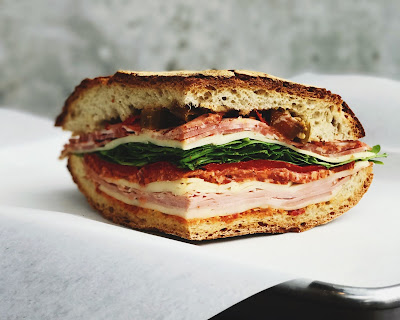Each month, Simply Blood spotlights a lab focused on the research of basic hematology, immunology, stem cell research, cell and gene therapy, and other related aspects. Get to know these different labs around the world! This month, we are featuring the Doulatov Lab at the University of Washington in Seattle, Washington (USA). How long have you had your lab? It has been just over two years since I started at the University of Washington. How many members make up your lab? Students/postdocs? Currently, our group consists of two postdocs, a student, a research scientist, an undergraduate, and a lab manager. What is the major research theme of your lab? We use primary human stem cells and pluripotent stem cells to understand basic biology of hematopoiesis, blood development, and disease. What is the most exciting project in your lab right now? Our most exciting projects uses patient iPS cells to model neoplasia, such as myelodysplastic syndromes and leukemias. Exi...












